Weeks after Apple saw its bid for exclusive Chinese rights to the "iPhone" trademark dashed in court, new information illustrates the battle the company faces in dealing with China's laws.
Citing 2001 trademark law, the Beijing Municipal High People's Court in March rejected Apple's legal appeal to secure exclusive rights to the "iPhone" trademark, upholding the mark as registered by Beijing-based leather goods maker Xintong Tiandi Technology in 2007.
A lawyer for Xintong said the company actually acquired the rights from a Russian company in 2011, The New York Times reported Wednesday. In fact, the leather goods manufacturer was established that same year.
Still, Xintong's acquired "IPHONE" trademark No. 6,304,198 holds a filing date of 2007. And since the "iPhone" name was not ubiquitous or "renowned" at the time — the device launched in the U.S. three months prior — Apple has no grounds for argument under Chinese law.
The definition of what qualifies as "renowed" is, of course, subjective. When it launched in China in 2009 through a deal with China Unicom, the device sold like hotcakes. By 2011, the iPhone had become the preferred smartphone for Chinese trendsetters and was thus very well known.
As for Apple, the company initially submitted a Chinese trademark application for "IPHONE" on Oct. 18, 2002, and received a registration by Nov 21, 2003. A separate trademark for "i-phone" was filed in 2004. Apple caught wind of what would become Xintong's mark in 2010, when that application was published, and moved to oppose its registration in 2012.
China's Trademark Review and Adjudication Board denied two Apple complaints citing the 2007 registration date. The Municipal People's Court found similarly on appeal. Apple has vowed to take the issue to China's Supreme People's Court. Apple has "prevailed in several other cases against Xintong" under similar circumstances, company spokesperson Carolyn Wu told The Times.
 Jan Manon
Jan Manon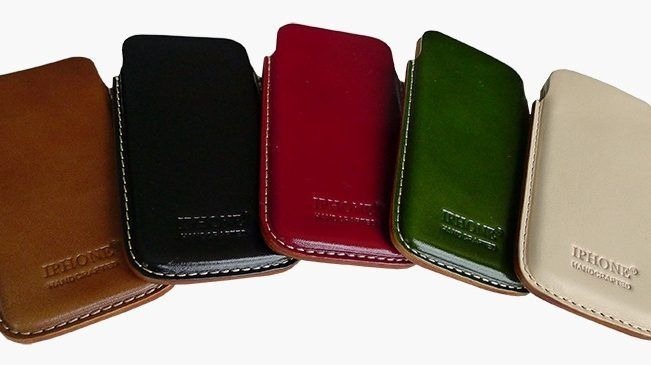

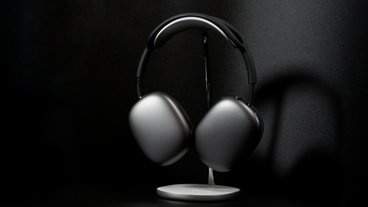
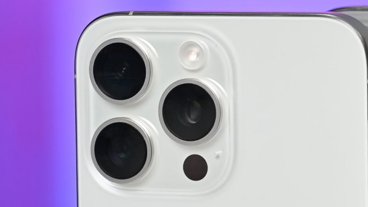
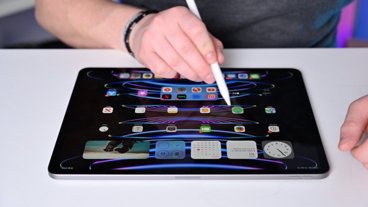




 Chip Loder
Chip Loder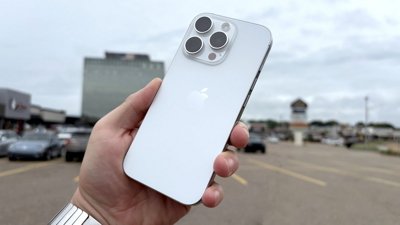
 William Gallagher
William Gallagher
 Wesley Hilliard
Wesley Hilliard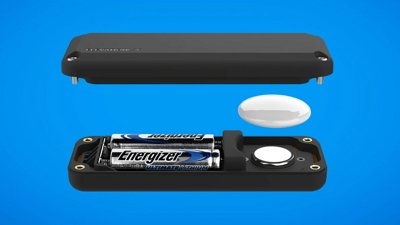
 Malcolm Owen
Malcolm Owen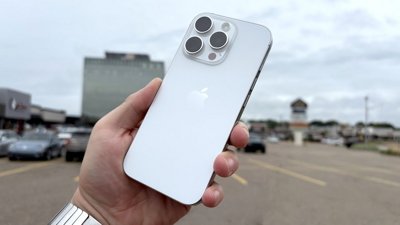
 Mike Wuerthele
Mike Wuerthele
 Christine McKee
Christine McKee

 Sponsored Content
Sponsored Content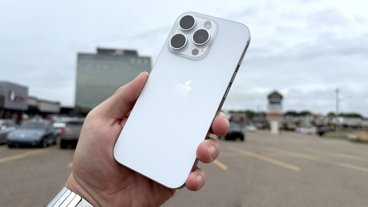

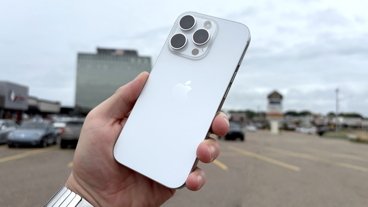





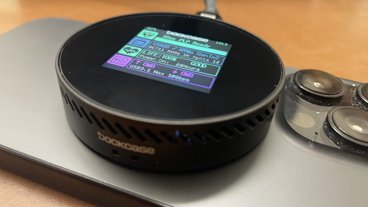

22 Comments
What a damn joke.
A Chinese leather goods company that didn't even exist until 2011, gets the rights to iPhone?
In 2011? The iPhone was released in 2007.
How corrupt and crooked is the Chinese court system? What a bunch of no good crooks and dirty rotten scoundrels.
Hopefully Apple will take this all the way up to the Chinese Supreme People's Court as soon as possible, and get this damn crooked mess straightened up.
China benefits a lot from Apple as a company, and Apple should be prepared to play hardball with the communists, when push comes to shove. I would like to see Apple flex its muscles and do whatever it takes to put a stop to this nonsense.
In the PRC all roads lead back to the One Party. No matter what organisation you talk to, it's nothing more than a mouthpiece for the One Party.
Tim, think about reducing Apple's overreliance on China and get those robots up and running.